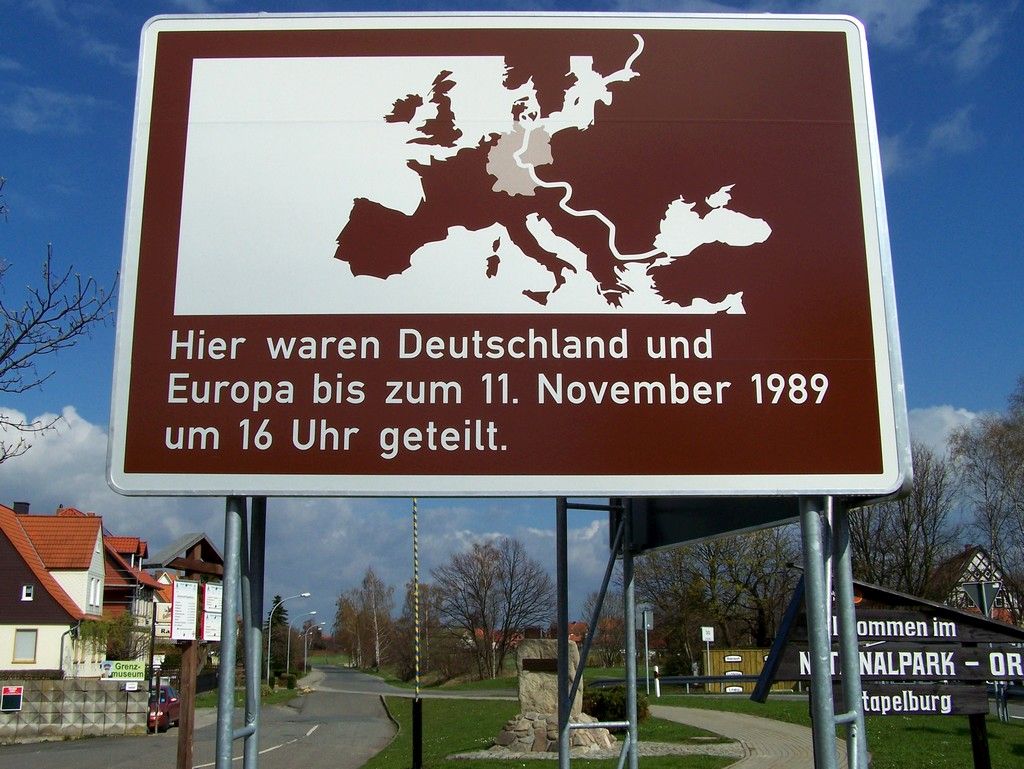Introduction
Robben Island, a UNESCO World Heritage Site located off the coast of Cape Town, is renowned worldwide as a place of historical significance and remembrance. Most famously known as the prison where Nelson Mandela was incarcerated for 18 years, Robben Island has become a symbol of the struggle against apartheid and the fight for human rights. Its importance is underscored by its role in educating future generations about past injustices and the resilience of the human spirit.
A Brief History of Robben Island
Initially used as a leper colony in the 17th century, Robben Island later became a maximum-security prison during the apartheid era. Political prisoners, including Nelson Mandela, held as a political prisoner from 1964 to 1982, faced harsh conditions within these fortified walls. The legacy of the island is marred by stories of hardship, but it is also a testament to the courage and determination of those who fought against the oppressive regime.
Recent Developments and Commemorative Events
In recent news, 2023 marked the 30th anniversary of Nelson Mandela’s release from prison. Various events took place on Robben Island to honor this milestone, including guided tours led by former political prisoners who share firsthand accounts of life on the island. The preservation of Robben Island as a historical site continues to be a priority for the South African government and heritage organizations dedicated to maintaining the memory of apartheid and promoting a message of peace and reconciliation.
Significance for Visitors Today
Robben Island not only stands as a memorial to the past but also serves as an educational platform for visitors both locally and from around the globe. The tours provide insights into the struggles faced by those who suffered under apartheid and aim to foster a deeper understanding of the importance of tolerance and human rights. The island welcomes thousands of tourists each year, reflecting its role as a global symbol of resistance and hope.
Conclusion
Robben Island remains more than just a historical site; it is a powerful reminder of the resilience of the human spirit against oppression. As visitors explore its grounds, they encounter stories of sacrifice and triumph that continue to resonate today. The island exemplifies the ongoing need for dialogue around justice, equality, and shared humanity, ensuring that the lessons learned from its history are not forgotten. In a world still grappling with issues of inequality and injustice, the legacy of Robben Island serves as a beacon of hope and a call to action for future generations.


